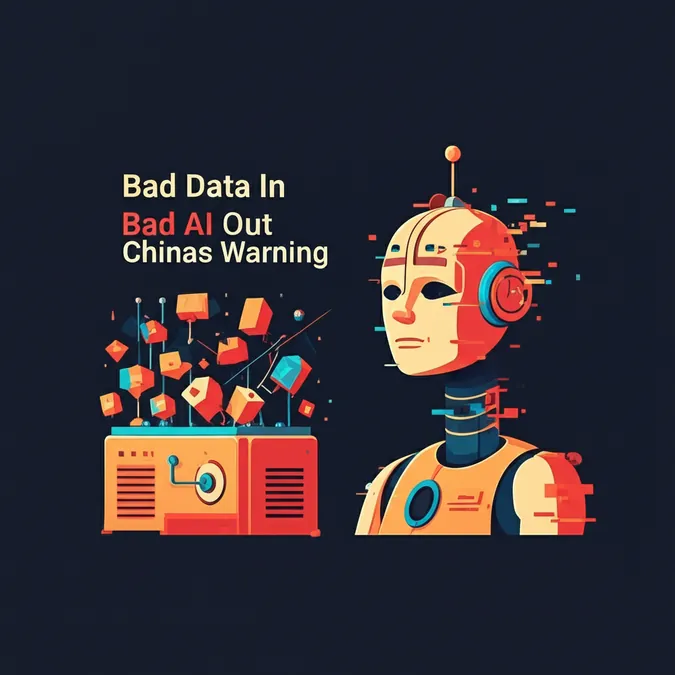Developer Offer
Try ImaginePro API with 50 Free Credits
Build and ship AI-powered visuals with Midjourney, Flux, and more — free credits refresh every month.
AI Coding Showdown ChatGPT Versus Claude
The world of software development is being rapidly transformed by AI assistants, and two titans stand at the forefront: OpenAI's ChatGPT and Anthropic's Claude. Both promise to accelerate workflows, debug code, and act as a tireless pair programmer. But when the theoretical benchmarks are set aside and these tools are put to the test on real, complex projects, which one truly delivers for developers? We dove into a series of practical coding challenges to find out.
The Contenders ChatGPT and Claude
On one side, we have ChatGPT, powered by OpenAI's GPT models. It's the household name in AI, known for its versatility and vast knowledge base, making it a go to for quick code snippets and general programming questions. On the other side is Claude, from Anthropic. It has gained a reputation for its large context window and strong reasoning abilities, positioning itself as a tool capable of understanding more complex project architectures.
The Real World Coding Test
Our evaluation wasn't about simple algorithmic puzzles. We tested both AIs on tasks developers face daily: scaffolding a new web application, refactoring a piece of legacy code, writing data analysis scripts, and debugging a function with a subtle logical flaw. The goal was to see which AI provided more practical, maintainable, and contextually aware code.
Head to Head Results Code Generation
When it came to generating boilerplate code, simple functions, and standard components, ChatGPT was incredibly fast and effective. For tasks like creating a React component or a Python utility script, it produced functional and clean code almost instantly. Its strength lies in its ability to draw from a massive repository of common coding patterns.
Claude also performed well but truly began to shine when the requests became more complex. When asked to generate code that needed to fit within an existing, larger codebase, Claude's larger context window allowed it to produce solutions that were more integrated and consistent with the established patterns of the project.
Debugging and Refactoring The Clear Winner
This is where the most surprising results emerged. While ChatGPT could identify basic syntax errors and suggest common fixes, Claude demonstrated a superior ability for deep-seated logical debugging. When fed a complex function and a description of the bug, Claude was often able to reason through the logic and pinpoint the exact issue, providing a more insightful explanation than ChatGPT.
Similarly, in refactoring tasks, Claude excelled at suggesting improvements that enhanced readability and performance, often seeing the bigger picture of how a piece of code would impact the entire application. It provided holistic solutions rather than just isolated fixes.
Final Verdict for Developers
There is no single winner for all use cases. The choice between ChatGPT and Claude depends heavily on the specific task. For developers who need a quick and powerful tool for generating snippets, solving isolated problems, or getting instant answers, ChatGPT is an excellent choice. However, for those working on large, complex projects that require deep contextual understanding, intricate debugging, and thoughtful architectural suggestions, Claude proves to be a more capable and insightful AI partner. The ideal developer workflow might just involve using both.
Compare Plans & Pricing
Find the plan that matches your workload and unlock full access to ImaginePro.
| Plan | Price | Highlights |
|---|---|---|
| Standard | $8 / month |
|
| Premium | $20 / month |
|
Need custom terms? Talk to us to tailor credits, rate limits, or deployment options.
View All Pricing Details

